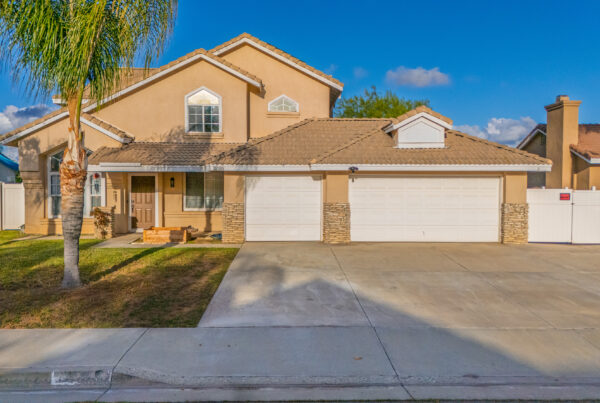Tenant Landlord Deposits under California Law in July 2024
Understanding California Civil Code Section 1950.5: A Comprehensive Guide
If you’re a landlord or a tenant in California, understanding the laws that govern security deposits is crucial. One such law is Section 1950.5 of the California Civil Code. This section outlines the rights and responsibilities of both landlords and tenants regarding security deposits for residential rental properties. Let’s delve into the details of this important legislation to ensure compliance and clarity for all parties involved.
Overview of Section 1950.5
Section 1950.5 of the California Civil Code primarily focuses on security deposits for residential rental properties. It covers various aspects, including the definition of security deposits, limitations on the amount that landlords can demand, procedures for handling security deposits, and the rights of both landlords and tenants regarding security deposit refunds.
Key Provisions
-
Definition of Security Deposit:
According to Section 1950.5, a security deposit includes any payment, fee, deposit, or charge imposed at the beginning of a tenancy. This payment can be used to reimburse the landlord for costs associated with processing a new tenant or as an advance payment of rent.
-
Limitations on Amount:
Landlords are restricted from demanding or receiving security deposits exceeding an amount equal to one month’s rent, in addition to any rent for the first month paid on or before initial occupancy. However, exceptions exist for longer lease terms or mutually agreed alterations.
-
Handling of Security Deposits:
Landlords are required to hold any security deposit for the tenant who is party to the lease or agreement. The claim of a tenant to the security takes precedence over any claim by the landlord’s creditors.
-
Use of Security Deposit:
Landlords can only claim amounts from the security deposit that are reasonably necessary for specific purposes, such as compensating for tenant defaults, repairing damages beyond ordinary wear and tear, or cleaning the premises upon termination of the tenancy.
-
Refund Procedures:
Upon termination of the tenancy, landlords must provide tenants with an itemized statement of deductions from the security deposit within a reasonable time, typically within 21 days. Landlords must return any remaining portion of the security deposit to the tenant along with the itemized statement.
-
Succession and Liability:
Landlords’ successors in interest are subject to the same obligations regarding security deposits. They must transfer any remaining portion of the security deposit to the tenant or the landlord’s successor in interest, or provide an itemized statement of deductions.
-
Penalties for Noncompliance:
Failure to comply with the provisions of Section 1950.5 may result in penalties, including statutory damages of up to twice the amount of the security deposit, in addition to actual damages. Landlords bear the burden of proof regarding the reasonableness of deductions or demands for additional security deposits.
Conclusion
In conclusion, Section 1950.5 of the California Civil Code establishes clear guidelines for the handling of security deposits in residential rental properties. Landlords and tenants alike must familiarize themselves with these provisions to ensure fair and lawful practices. By understanding their rights and responsibilities, both parties can foster positive landlord-tenant relationships and mitigate potential disputes. If you have any questions or concerns regarding security deposits, consulting legal experts or relevant authorities is advisable to ensure compliance with the law.
Additional Thoughts:
Yes, you can get a 2x deposit under the law.
Under California Civil Code Section 1950.5, a landlord is generally restricted from demanding or receiving a security deposit that exceeds an amount equal to one month’s rent, in addition to any rent for the first month paid on or before initial occupancy. However, there are exceptions outlined in the law.
One such exception is provided in subsection (c)(2), which states that the restriction on the amount of security deposit does not apply to an advance payment of not less than six months’ rent if the term of the lease is six months or longer.
So, if the tenant agrees and the lease term is for six months or longer, the landlord can charge an advance payment of not less than six months’ rent as a security deposit. This means that the landlord could charge up to two times the monthly rent if the tenant agrees to this arrangement and the lease meets the specified criteria.
It’s important to note that any agreement between the landlord and the tenant regarding the security deposit must be mutually agreed upon and clearly documented in the lease agreement. Additionally, landlords must still adhere to other provisions of the law regarding the handling and refund of security deposits, including providing an itemized statement of deductions and returning any remaining portion of the deposit within the specified timeframe after the termination of the tenancy.
Frictionless Property Management

California Property Managers.
Connect with the premier property management team.
Looking for a full list of management services?
Looking for residential management?
Price is important, so here’s everything you need to know.
Fill out the form below and we will send you a price & proposal guide for our services.
Download the price guide and proposal.



